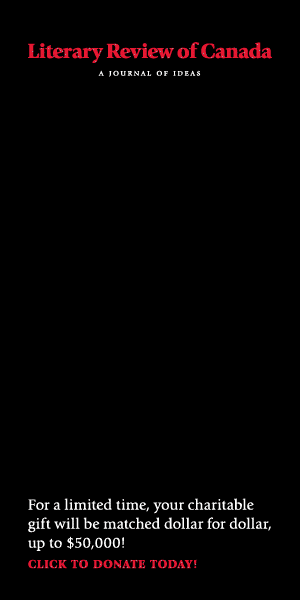In “Why Canadian History Is Boring” (July/August 2007), Mark F. Proudman offers an excellent introduction to a larger subject by arguing that Canada has been marginal and largely dependent in the world. A sequel might develop an equally striking feature of Canadian history: practically all our fundamental institutions—political, religious, social and intellectual—were formed and developed elsewhere. For a full and satisfactory history of our laws, courts, parliamentary system, electoral structure, police forces and the “peace, order and good government” mentioned the British North America Act, there can be no substitute for the history of the British Isles and France.
The languages we use, the schools, universities, newspapers and journals, and academies (such as the Royal Society of Canada) are incomprehensible apart from British and European history. Our armed forces are not only based on their British equivalents but derived from them. When in 1914 that determined imperialist, Premier Richard McBride of British Columbia, bought two submarines in Seattle because Ottawa (an inland capital) was neglecting the defence of the Pacific coast, the men he mustered to examine, crew and sail them to Esquimalt were born in Britain, mostly Royal Navy or ex–Royal Navy.
The only good course in Canadian history at the University of British Columbia during my undergraduate days long ago was on Canadian constitutional history, and it did not reach Canada at all until about half way. The British half of the course gave the Canadian half great interest; all that stuff about interpreting the BNA Act would otherwise have been intolerably boring—like most Canadian history. Only a blind, misguided nationalism prevents us from teaching the history of Canada in its proper context as a part of the British Empire and an offshoot of western Europe. After all, it was the European Middle Ages, the Reformation, the Counter-Reformation and the imperial struggles of modern times that made this country. There is a place for local, provincial and national history but only in a wider framework. Bothwell knows this as well as Proudman and I do, but avoiding the politically correct approach to the past is hard in Canada—and risky!
J.F. Bosher
Ottawa, Ontario

